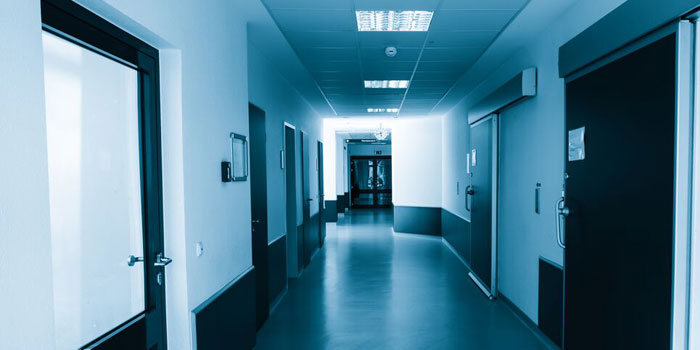According to a report in The Washington Times, the Louisiana abortion facility at the center of a case before the Supreme Court has allegedly been engaged in criminal activity.
The Louisiana Department of Justice claims that Hope Medical Group, an abortion facility in Shreveport, has withheld evidence of both criminal and professional misconduct from the court. Hope Medical Group is a subsidiary of June Medical Services, the plaintiff in June Medical Services v. Gee, a challenge to Louisiana’s admitting privileges requirement.
As the Times reported, Solicitor General Liz Murrill stated that the alleged criminal activity and withholding of evidence of misconduct were discovered by the state’s Department of Justice during the discovery phase of the initial trial. Although the Louisiana Department of Justice is currently constrained by a blanket seal over the proceedings that makes it unable to refer the information to the district attorney, last week the department asked a federal appeals court to throw out the seal. The Louisiana attorney general’s office declined to discuss the details of the allegations. But the seriousness of the allegation by the DOJ is alarming for what it could mean for women who have been seen by Hope Medical Group. The Times reports:
While declining to address specifics of the Hope case, the Louisiana attorney general’s office said the state’s abortion clinics have a disturbing pattern of failing to report rapes, and that a survey it conducted showed that between 2013 and 2018 at least 66 abortions were performed on girls 11, 12 or 13 years old. The ages indicate that the girls were survivors of rape.
Spokeswoman for the Center for Reproductive Rights Kelly Krause denied the allegations. “These claims are simply untrue. For years, the state of Louisiana has been relying on baseless attacks on abortion providers to defend its unconstitutional abortion restrictions and this is only the latest example,” Krause said according to the Times. “Hope Medical Group has been providing safe and critical reproductive healthcare for nearly 40 years.”
State officials also raised questions about the accuracy of data reported by abortion facilities, specifically pointing to instances where, when two abortion facility closures in recent years, they shredded all their documents rather than provide data to regulators. As Ms. Murrill put it, “The evidence and statistics abortion providers are using to claim abortions are safe are national and not state-specific. This narrative they have that everything they do is safe and helpful is not true.”
This is not the first time an abortion facility plaintiff with a questionable history has argued before the Supreme Court. In the case of Whole Woman’s Health v. Hellerstedt, which was decided in favor of WWH, the abortion chain had a long and repeated history of serious health and safety violations which put women at risk. This, however, did not seem to matter to the Court, and abortion access trumped women’s safety in the final majority decision.
Admitting privileges laws have come under fire from abortion activists and mainstream media organizations, which have published deceptive pieces seeking to frame such laws as somehow harmful to women, despite the fact that abortion facilities in Louisiana have a extensively documented track record of health and safety violations.
Recent polling found that strong majorities of Americans support requiring abortion facilities to follow basic medical best practices to protect women, including the ability to seamlessly transfer women suffering from abortion complications to the hospital.
“Like” Live Action News on Facebook for more pro-life news and commentary!







